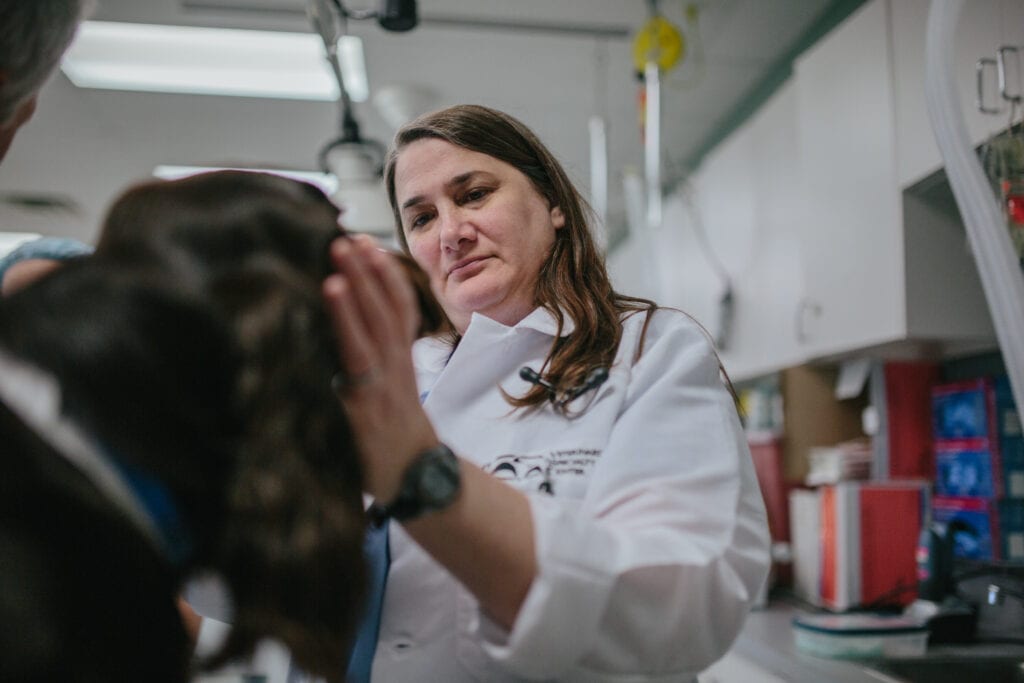Diagnosing Cancer in Cats and Dogs
 Our veterinary oncology team has a highly methodical process used to detect cancer in pets. The first step to diagnosing cancer in pets is to obtain a complete history and perform a thorough physical exam which can then lead to the next steps that range from comprehensive laboratory tests to a variety of diagnostic tests. These diagnostic tests can allow our veterinary oncologists to gain more acute insight to the health of your pet, and look for any possible signs of cancer in your pet. Some of these tests include:
Our veterinary oncology team has a highly methodical process used to detect cancer in pets. The first step to diagnosing cancer in pets is to obtain a complete history and perform a thorough physical exam which can then lead to the next steps that range from comprehensive laboratory tests to a variety of diagnostic tests. These diagnostic tests can allow our veterinary oncologists to gain more acute insight to the health of your pet, and look for any possible signs of cancer in your pet. Some of these tests include:
- Laboratory tests – most commonly a complete blood count, serum chemistry panel and urinalysis
- Radiographs (x-rays)
- Abdominal (and possibly cardiac) ultrasound
- Fine needle aspirates of affected tissue
- Biopsy of affected tissue – Depending on the location of the affected tissue, this may require minimally invasive surgery or a scope.
Further diagnostic testing may include:
- CT scan or MRI
- Thermography
- Nuclear imaging (bone or thyroid scan)
- Flow cytometry
- Immunohistochemistry
Our veterinary oncology department uses these tests to gain crucial insight into the condition of your pet and gain a thorough understanding of your pet’s health, as well as the risk of cancer in your pet. While our veterinary oncologists can help to detect and treat cancer, an informed pet owner can help to reduce exposing pets to additional risk.
If you see signs of illness or cancer in your pet, contact your local veterinarian or our team as soon as possible.
